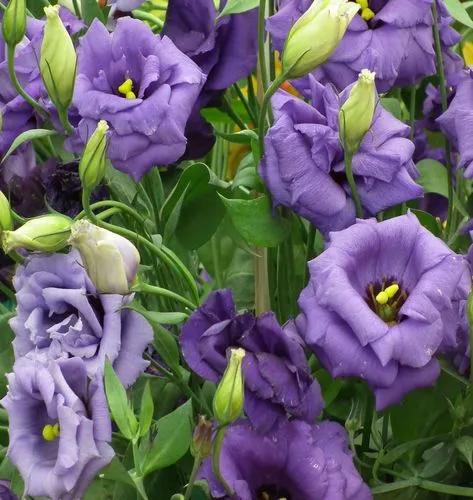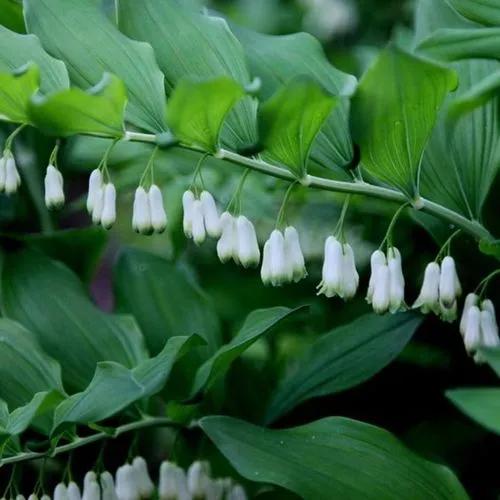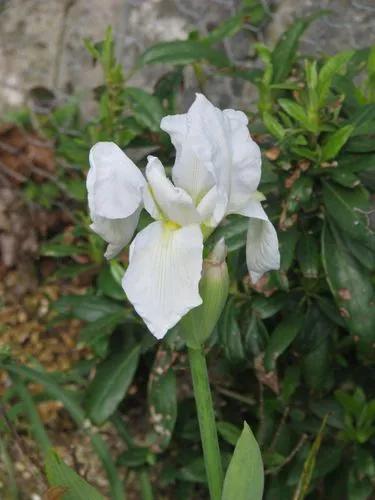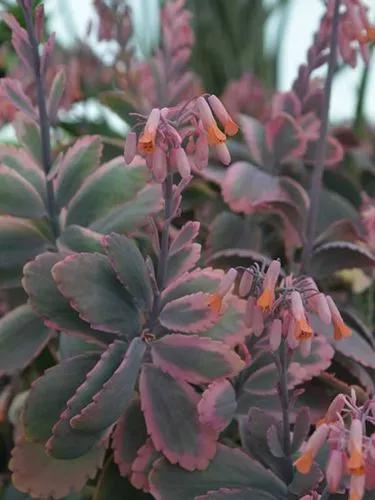Chaenomeles speciosa (commonly known as flowering quince, Chinese quince, or Japanese quince) is a thorny deciduous or semi-evergreen shrub native to eastern Asia. The flowers are usually red, but may be white or pink.
Flowering-quince Care
Chaenomeles speciosa



The flowering quince is a thorny, multi-stemmed deciduous shrub with a somewhat messy growth habit but beautiful red, orange, white, or pink flowers to go with shiny, dark green foliage. Related to roses, flowering quince has a thorny habit and easy-to-grow nature that makes it a good choice for barrier or border plantings. The shrub is a dense mound of gray-brown spiny twigs with five-petal flowers about two inches in diameter. The flowers last for about 10 to 14 days and are followed by yellowish-green fruits that can be used in preserves and jellies. The oval leaves with serrated edges are a glossy dark-green, growing to a maximum of about 3 1/2 inches. Most gardeners find flowering quince to be easy to grow and care for.
How to Care for the Plant

Water

While these are reasonably drought-tolerant shrubs once established, young plants will need to be watered at times. Water in the morning so excess moisture has time to dry before evening. Sprayed water can cause leaf spots, and leaves may drop if the foliage stays wet.

Fertilizer

Feed flowering quince with a slow-release, all-purpose fertilizer in early spring before new growth occurs, or apply compost as a soil amendment. Scatter the fertilizer carefully on the soil around the plant; do not let it touch the foliage, as it can scorch the leaves. Follow with a deep watering to distribute the fertilizer around the roots.

Sunlight

Grow flowering quince shrubs in full sun. It can grow in partial sun, but the flower display will be better if the plant is exposed to full sunlight.

Soil

Plant flowering quince shrubs in well-drained loam soil for the best flowering display. An overly alkaline soil pH can lead to problems with chlorosis, so keep the soil pH slightly acidic or neutral. These plants can be grown in clay and sandy soils but may be less vigorous. Mulch the base of the shrubs to suppress weeds and retain soil moisture.

Temperature

This shrub is quite cold hardy, tolerating temperatures as low as -25°F.

Popularity

2,093 people already have this plant 200 people have added this plant to their wishlists
Discover more plants with the list below
Related articles






